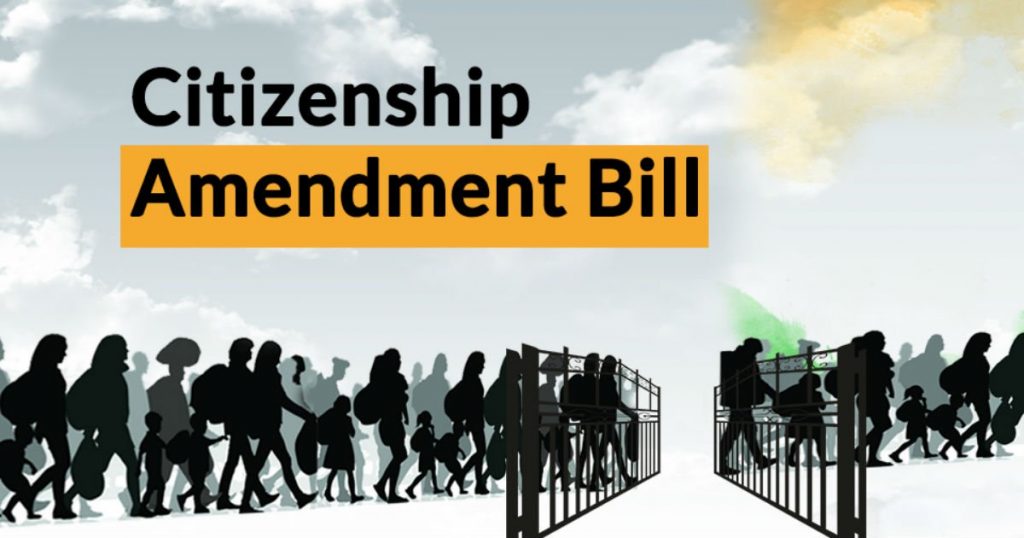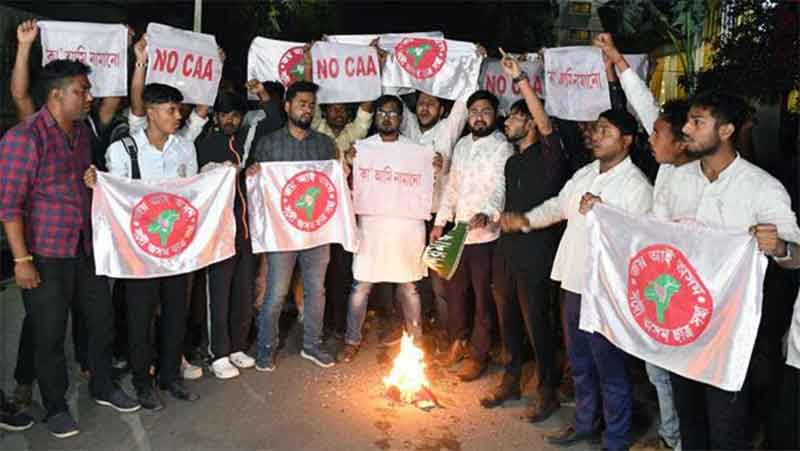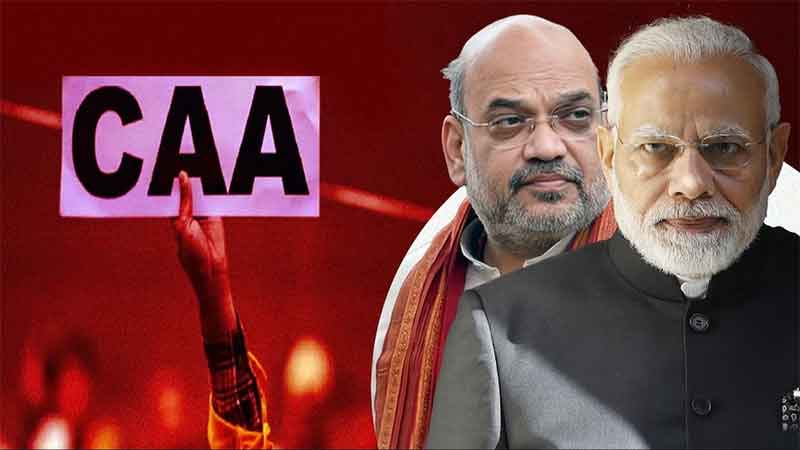
To the attention of Prof. Fernand de Varennes
Special Rapporteur on minority issues
Office of the High Commissioner for Human Rights
Palais des Nations
CH-1211 Geneva 10
Switzerland
CC: Special Rapporteur on freedom of religion or belief
Re: India: Citizenship Bill Discriminates Against Muslims
Dear Prof.Fernand de Varennes:
I am William Nicholas Gomes, a British Human Rights Activist and Freelance Journalist.
I write to express serious concern about the Indian Citizenship Amendment Act 2019 (CAA), passed by the Indian Parliament on December 11, 2019, and received President’s assent on December 12, 2019. I believe that CAA not only violates Article 14 of the Indian Constitution and the draft law favors Hindus, Other Non-Muslim Immigrants.
The National Register of Citizenship exercise, which is to be undertaken nationally, violates not only Article 14 but also Articles 15 and 21.
The CAA makes illegal migrants in India from Pakistan, Afghanistan, and Bangladesh eligible for Indian citizenship by (i) granting Hindus, Sikhs, Jains, Buddhists, Parsis (Zoroastrians) and Christians among them, those that entered India before December 31, 2014, amnesty, thus opening a path to their naturalization as Indian citizens (Section 2) and (ii) relaxing for them the residency requirement for naturalization, from 11 years to 5 years. (Section 6). Ostensibly, the law seeks to protect persecuted minorities from the region and offer them shelter in India.
By introducing a ‘religion test’ in India’s citizenship legislation – excluding Muslims and other persecuted minorities in similar circumstance from any protection, while offering it only to the named faith groups – strikes a body blow to the basic fundamentals of the Indian constitution, specifically its secular character; is wholly arbitrary, and violates principles of equality and non-discrimination, besides contravening international law.
By limiting scope of the amendments only to religious minorities from so-called Muslim- majority countries, CAA disregards victims of persecution (in the region) based on religion and ethnicity (Tamils from Sri Lanka, Rohingyas from Myanmar; Baloch from Pakistan, and Hazara from Afghanistan, among others); and language and culture (Urdu-speaker from Bangladesh and Lhotshampas from Bhutan).
CAA privileges the persecution of the specified religious minority groups over other faith groups in a similar circumstance. For example, Ahmadi and Shia Muslims fleeing religious persecution in Pakistan or Hazara (Shia) Muslims from Afghanistan, who are also persecuted.
As would Tibetans and Uighurs from China, suffering years of racial and religious persecution. Also, those persecuted because they profess no religion. Tasleema Nasir from Bangladesh or atheist bloggers from the country would be ineligible, too.
CAA also privileges the persecution in the three countries over that in other countries in the region. CAA privileges those already in the country, having entered India before December 31, 2014, against those that came after, or indeed those still in their home countries and who might want to make use of this scheme, as a route to asylum.
CAA is an onslaught on the fundamentals of the Indian Constitution. Indian State doesn’t have any religion, nor does it can differentiate or discriminate on religion as enshrined in Articles 14 and 15 of the Constitution. The preamble of the Constitution makes it amply clear. No discrimination for citizenship on the grounds of religion and India to be a secular democratic republic were the core principles discussed and agreed upon during the constitutional assembly debates. The same was upheld by several judgments of the Supreme Court, most importantly in the Kesavananda Bharati vs State of Kerala.
It is also widely acknowledged in the international law jurisprudence that equality and the right to non-discrimination on the grounds of race, sex, and religion binds all states, irrespective of their ratification of human rights treaties.
I have written to the National Human Rights Commission of India, urging them to exercise Section 12 (d) of the Protection of Human Rights Act (PHRA) and undertake a review of the CAA.
The Indian government’s proposed law to grant citizenship based on religion violates India’s international legal obligations.
The proposed law violates India’s international obligations to prevent deprivation of citizenship on the basis of race, color, descent, or national or ethnic origin, as found in the International Covenant on Civil and Political Rights (ICCPR) and other human rights treaties. The 1992 Declaration on the Rights of Persons Belonging to National or Ethnic, Religious and Linguistic Minorities establishes the obligation of countries to protect the existence and identity of religious minorities within their territories and to adopt the appropriate measures to achieve this end. Governments are required to ensure that people belonging to minority groups, including religious minorities, may exercise their human rights without discrimination and in full equality before the law.
I firmly believe that the Indian government is creating legal grounds to strip millions of Muslims of the fundamental right of equal access to citizenship.
I respectfully urge you to address the issue raised on this letter and request you to raise the concern with Indian government officials.
I thank you for your attention, and I look forward to your earliest response.
Yours sincerely,
William Nicholas Gomes
Human Rights Activist and Freelance Journalist
York, United Kingdom
SIGN UP FOR COUNTERCURRENTS DAILY NEWS LETTER














































